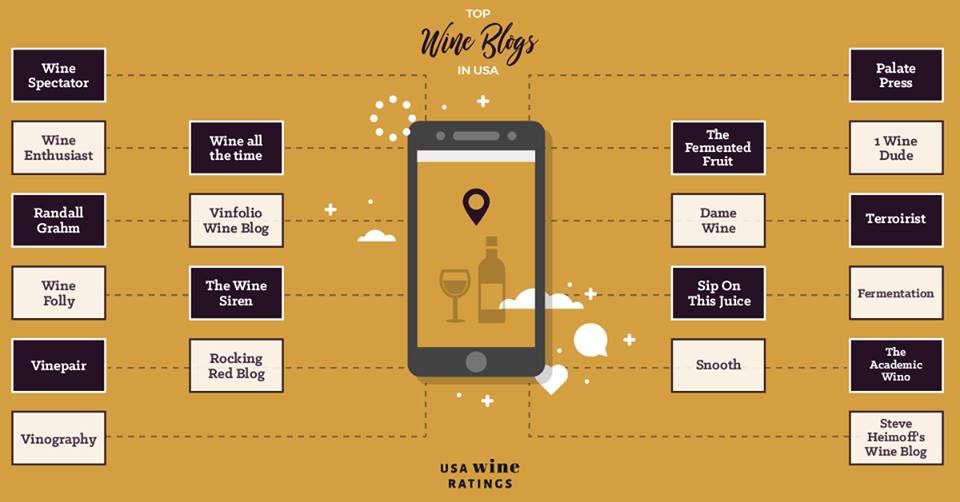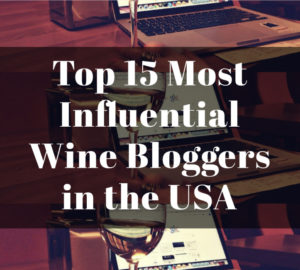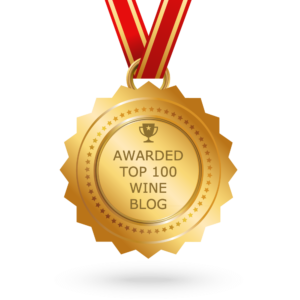Four years ago, during the Masters of Wine Symposium in Bordeaux, there was a seminar which was based on the above questions. It had Sylvie Cazes of Château Lynch Bages and Eduardo Chadwick from the prestigious Chilean company Errazuriz, representing the family-owned and managed companies, debating Margareth Henriquez of Krug/LVMH and Christian Seely, Managing Director of AXA Millésimes, who both represented large corporations. It was a spirited debate, and even though many in the audience voted for family-owned companies when surveyed before the seminar started, after the passionate speech from Margareth Henriquez in regards to the benefits a corporation can bring to a consumer, many audience members walked away from this seminar seeing the benefits of both.
I was thinking of this seminar after an Opus One staff tasting last week on August 20th.
Robert Mondavi sold his company to the large beverage giant Constellation almost a decade ago. I believe his decision was a very smart one for many reasons. He was a strong minded individual who left his own family winery when he had a feud with his younger brother Peter over the business direction of Krug Winery in Napa Valley. Hence, he had firsthand experience on how family businesses could complicate things with relationships within the family. And Mr. Mondavi probably knew that it was better for his children to find their own way. A few years back my husband and I visited a woman named Catherine Champalou in Vouvray, who made beautiful wines with her husband. She talked about how even though she was the 14th generation winemaker and her husband was the 10th, that it was better for them to buy their own property, so they could make wine the way they wanted to make it.
Obviously, it made sense for Mr. Mondavi and Ms. Champalou to make the choices that they needed for themselves. But how does it serve the consumer?
Benefits of a family business
There is a real person, or real people, with whom the consumer can find a connection. As many of us know, the personality of Robert Mondavi was not only one of the main reasons for his success, but also helped to connect consumers to California wines in general. Family businesses promote core values of trying to keep tradition. They have an established place in history. They are more likely to stay with the wine’s original style, such as Chateau Montelena, in Napa Valley, which has stayed with a more restrained style that has fallen out of fashion in the US. Interestingly enough, in the summer of 2008, it was announced that Michel Reybier, owner of Bordeaux winery Cos d’Estournel would buy Montelena, but the deal was canceled, so it is still owned by the Barrett family.
Detriments of a family business
Tradition can certainly get in the way of innovation, to the extent that it is bad for the quality of the wine. There are so many examples of small family wineries that do not make good quality wine, because the elders are stubborn about updating their practices. Anne Gros, one of the top producers in Burgundy, has talked openly about the idea that she initially had no desire to take over her family vineyards. She knew she would want to change many of her father’s viticulture and vinification practices, and he would never allow it. But her father became very sick when she was only 20, and she knew that there was great potential to make incredible wines from the great terroir of their vineyards, so she was able to take over and change many practices. But she is unique, and many children either have a parent who will not change traditional practices and will not let go of control for many decades, or even if the children are given an opportunity to take over, many do not have the desire to experiment and improve outdated practices.
There can also be too much emotion involved with a family business. Sometimes we think it is our families who are the best equipped to take care of us, and those things in life that we hold precious. But it does not mean that everyone is automatically made to be a business owner, just because their parent was one. Any business, no matter how much passion and good intentions someone may have, needs to be profitable. It is too difficult to do what is in the best interest for your consumers when you are barely covering your costs. Many years ago, in another lifetime, I took a yoga teacher training program. I have always made my money through sales, and I was more interested in taking the program to teach for fun, and not to teach to make a living. Two of the main teachers were very well known in the yoga world. They were very spiritual people, and many of the students in their teacher training were unhappy with their lives, looking for a way to leave their job, and live like as a Buddhist monk. But when asked what was the one major piece of advice they could give to future yoga teachers, their response was not what people wanted to hear. They said to try not to make a living from being a yoga teacher, to keep one’s current job to insure financial security. They said the most important thing was for us to conquer the first Chakra (please feel free to look it up on Wikipedia http://en.wikipedia.org/wiki/Chakra). The first Chakra deals with basic survival skills. If you cannot pay your bills, provide food and shelter for yourself, and have a security blanket (money saved), then it is difficult to move to higher, more evolved thoughts. I think about this concept when someone has a winery. It is difficult to make evolved wines when you are constantly worrying about money.
Benefits of a corporation
There is capital and resources to buy the best equipment, latest technology, and as much labor as needed to achieve the highest quality in a given vintage. Additionally, they have the capability to hire top specialists to make sure the winery is keeping up with consumer trends (which may be seen as a detriment to others in the business). Larger corporation have the ability, even though they do not always offer this benefit to the consumer, of absorbing the cost of inflated currencies and avoiding an increase in price. They have marketing specialists that help to not only target the right accounts for a certain type of wine, but also design smart packaging that enhances the experience for the consumer.
Detriments of a corporation
There is typically competition with other similar wineries within the large portfolio, hence causing confusion among consumers trying to figure out distinct differences between wines within that same portfolio. Corporations may bring security, but they can stifle creativity. Sometimes the consumers’ needs get lost among the shareholders’ needs. Also, the marketing specialists may come up with ideas and strategies that look good on paper, but sometimes those ideas do not work with the reality of knowing what consumers truly want, since they miss out on having a one on one relationship. And some of the best innovations come from necessity, so having the ability to buy whatever you need is not always a good thing. For example, Bryan Babcock, a producer in Santa Barbara County, had to lower his farming costs due to the downturn in the US economy at the end of 2007. This inspired him to find another canopy system other than the typical VSP (vertical shoot positioning) system that is used. He has come up with a new technique of pivoting the grapevine upside down, requiring little if no pruning, and has lowered his farming cost by 30%. This technique has also, according to Babcock, not only kept his pricing reasonable for consumers, but also improved his quality.
On a personal note, I have had good and bad experiences with family-owned wine companies (or small wine companies), and large wine corporations. Family companies are not always out to only serve the consumer, and corporations are not always out to only make money. Human beings are too complicated to make it such a simplistic black and white issue. And even though I am a huge defender of the small producer, in the end, I am going to sell what is best for my customer; sometimes a corporate owned winery is the best choice, and sometimes a small rare producer is a better choice for someone else. As long as we can all co-exist together making the world a diverse place with large, medium and small companies/producers, then why do we need to tear each other down? We could be spending that energy building ourselves up, and giving the consumer a great experience by the benefits that each of us as an individual or entity brings to the table.
***************************************************************
Tasting note for the soon to be released 2011 Opus One: Difficult vintage, late rainfall during flowering reduced number and size of berries which increased concentration. Lowest % of Cabernet Sauvignon (71%) used compared to previous blends, the other varieties were 11% Merlot, 9% Petit Verdot, 8% Cabernet Franc, and 1% Malbec. The nose has a smoky quality like Lapsang tea, strong herb notes with fresh cranberry, linear body, lots of structure, a wine that will make great old bones. A Bordeaux styled Opus One.












